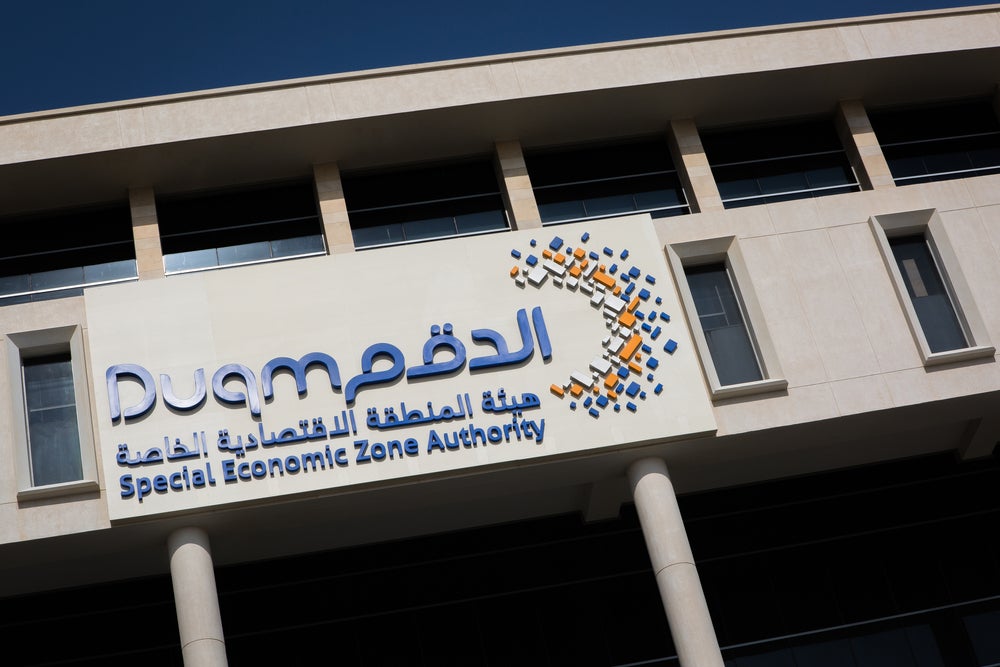With economies around the world facing major challenges today, it is an appropriate time to review the past, take stock of the present and plan for the future.
We all have witnessed how, in the past 25 years, the world economic order has changed almost irrevocably following the paradigm of globalisation, liberalisation and modernisation.
Increased production of goods and services, expansion of global trade, closer trade relationship among countries through the trade route and investment route, rising per capita incomes, higher demand for resources, massive technology infusion touching almost every aspect of life – all of these and more have marked the economic life of business entities and nations.
Many business entities and many countries have benefited immensely from these rapid changes, but remember, those that have benefited have all quickly adapted to changes and adopted pro-growth business strategies with an eye on the future.
How the world has changed over the course of 25 weeks
If that significant transformation has marked the past 25 years, what happened in the past 25 months has been even more significant, more impactful and truly disruptive.
The Covid-19 pandemic was not only a grave medical emergency, it was also an economic emergency for the world. National lockdowns, the shuttering of businesses, the disruption of global supply chains, the loss of output, jobs and incomes – all of these combined to adversely affect economic activities around the world.

US Tariffs are shifting - will you react or anticipate?
Don’t let policy changes catch you off guard. Stay proactive with real-time data and expert analysis.
By GlobalDataQuite obviously, special economic zones (SEZs) were not insulated – they were impacted too.
Fortunately, in a coordinated effort, governments and central bankers around the world acted swiftly. Among the many actions, stimulus packages to revive business confidence were announced; central bankers expanded liquidity and dropped interest rates. Large-scale vaccination helped to normalise life, revive economic activities and transform the mood from one of despondency to cautious optimism.
If we further shorten the timeline to, say, the past 25 weeks, the developments are a lot more devastating. The Russia-Ukraine conflict has perhaps impacted the world as never before. Key industrial and food commodities have become scarce and supplies are disrupted. The market prices of energy products such as crude oil and natural gas, industrial metals such as aluminium and copper, fertilisers and food (grains, vegetable oil) have reached elevated levels because of supply shock.
We now are now in an era of trade sanctions, protectionism and resource nationalism. These developments are changing the equations among countries. Sanctions on Russia are impacting the commodities market – energy, metals, agriculture. Europe’s energy security is under a serious challenge.
Recent events have resulted in heightened inflation around the world. Now, central bankers are combating inflation by tightening monetary policies. Worse, there is the lurking fear of recession, something the world can ill-afford after 25 months of battering by a black swan event called Covid-19.
How can SEZs survive and thrive in this new world?
Many suspect the global situation has changed irrevocably. The global policy context has now become even more complex than before. Countries are increasingly looking inward and less and less outward. This is not an ideal setting for SEZs. They are free birds and need freedom to trade, freedom to do business, freedom to contribute to economic activity.
So, what should we do? We have to review the recent past, reconcile with the present and reinvent the future. SEZs today need much greater resilience to withstand shocks – both unforeseen and unforeseeable shocks. SEZs need to be ready for the future: agile and flexible.
Some key developments appear inexorable – decarbonisation, electrification and rapid urbanisation to name a few. These are not only challenges but are major opportunities for SEZs to seize. SEZs must ‘foresee’ the emerging demand for goods and services, the resources necessary to meet the demand, the geographies that deserve to be serviced, and skills needed to cater to constantly evolving market conditions.
I would recommend a three-pronged approach to address and overcome the challenges.
- A strategic reorientation of businesses;
- Policy reformulation by regulatory bodies/governments to be compatible with future practices; and
- A repackaging of educational value proposition by academic institutions.
As the apex body of economic zones around the world, the World Free Zone Organisation has done some commendable work to help strategically reorient businesses, and build capacity among SEZs to be future-ready. I am convinced that a ‘business as usual’ attitude is not going to take us far. Business is not going to be usual because the global policy context and equations among countries is changing.
I would urge greater engagement of SEZs in every country with the respective governments in order to provide appropriate policy inputs to policy-makers for sustained and sustainable growth of SEZ business. The role of SEZs in contributing to economic growth, income and job generation and trade is well recognised. SEZs now need new policy initiatives that will take on board the evolving global policy context. I would further urge greater engagement between SEZs and academic institutions in order to build appropriate capabilities and competencies among future talent.




